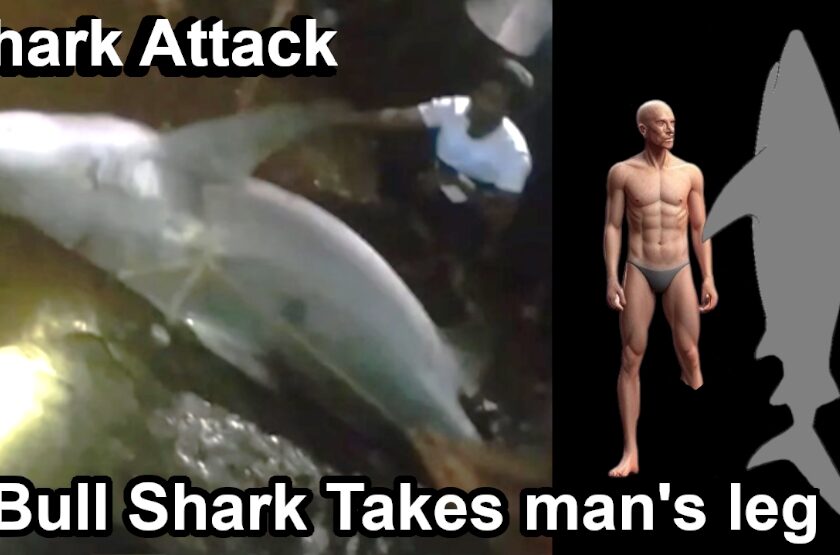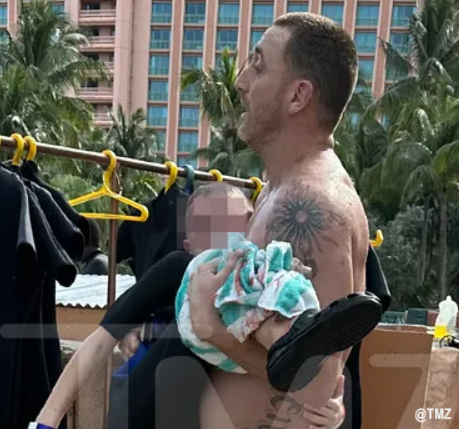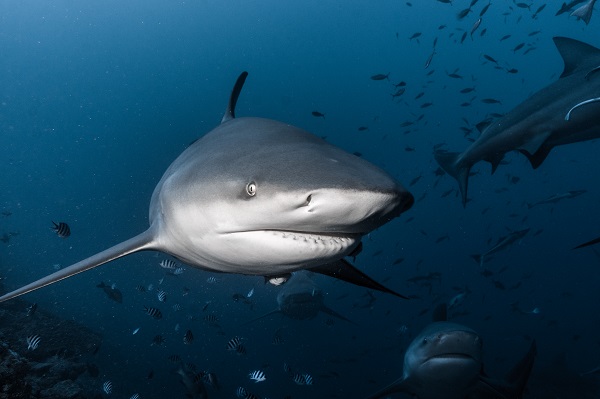Gavin Kleidon has been rescued by marine police after a shark bit his kayak off the Queensland Coast.
The 39-year-old was 5 miles (8 km) offshore in Moreton Bay when the shark bit a large chunk of his 21-foot (6.5m) kayak.

He had around 30 minutes left in his paddle when he was chucked into the water. He knew something big had bitten his craft as he watched the tail float off.
“I was paddling along minding my own business, it was all good, and next thing, bam! I was in the water,” Mr. Kleidon told the Sunshine Coast Daily
“I’m a fairly accomplished paddler . . . it threw me off like nothing,” he added.
Rains from the recent Tropical Cyclone Debbie had left the water murky.
He scrambled to get back on his boat as fast as possible and laid on top of it while trying to keep his appendages out of the water.
“My ski was sinking immediately so I got on the phone and called triple-0,” he said.
Mr. Kleidon was able to contact the marine police using the emergency code of triple-0, which is the equivalent of 911 in the United States.
The electrician floated for 30 to 40 minutes as he waited to be rescued. He was considering swimming to shore when the rescue team arrived.
“Being in the water with it [the shark] being around was my biggest fear,” he said. “Thank God they got there before [I swam for shore].”
Because salinity of the water was lower than normal since the cyclone, Mr. Kleidon thinks a bull shark may have been responsible for the bite.
Bull sharks are known to feed at the mouth of rivers. The storm runoff from inland, which includes dead animals and fish, would create a great feeding ground for the sharks.
Kayaks have been bitten by sharks before. On March 18, Brian Correiar’s kayak was bitten by a great white shark.
Correiar was paddling near San Carlos Beach near Monterey Bay, California when he was thrown out of his boat.
Thankfully, he was able to contact authorities and was rescued after 20 minutes in the cold water.
Both locations have been marked on the 2017 shark attack bites tracking map.
All kayakers and boating enthusiasts are encouraged to carry an Emergency Position Indicating Radio Beacon (EPIRB), especially when traveling off shore. The waterproof device can alert authorizes to the location of the person in need. A small commercial version known as a personal locator beacon (PLB) can be purchased for around $300.


